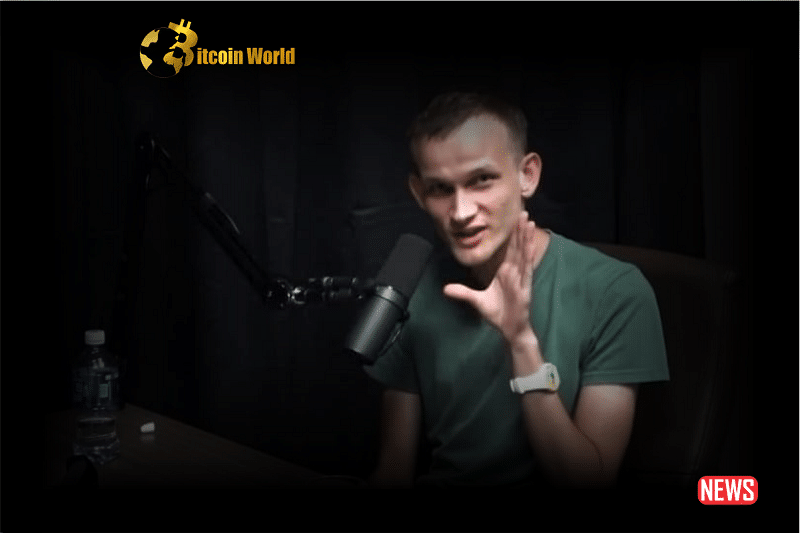
During a Twitter Spaces discussion, Vitalik Buterin, the creator of Ethereum, recently expressed his thoughts on Bitcoin’s scalability issues. Buterin believes that Bitcoin needs more scaling solutions if it wants to expand beyond being just a payment system. He highlighted Ethereum’s ongoing experiments with various scaling approaches as potential sources of inspiration.
One of Buterin’s main concerns with Bitcoin is its peculiar politics. He expressed his discomfort with Bitcoin’s political dynamics, stating that he doesn’t resonate with them. The Twitter Spaces session attracted over 32,000 listeners, including Eric Wall, known as the “altcoin slayer,” and Bitcoin developer Udi Wertheimer. The trio delved into what Bitcoin can learn from Ethereum.
The focus of the conversation centred around Bitcoin’s slow transaction throughput, which necessitates layer two scaling solutions to enhance transaction speed. Buterin, Wall, and Wertheimer emphasized that Bitcoiners could gain valuable insights from Ethereum’s experiences. Buterin underlined the need for scaling options such as Plasma or ZK Rollups, both of which have been implemented on Ethereum. He pointed to successful roll-up solutions like Optimism and Arbitrum, suggesting that Bitcoiners remain open-minded to ZK-snark based alternatives.
Ethereum has been actively experimenting with a wide range of scaling solutions over the years. Their latest update, EIP-4844, introduces blob blocks, enabling up to 100,000 transactions per second. Wall raised concerns about the possibility of less secure rollups in the Bitcoin ecosystem, urging Bitcoin to study Ethereum’s trials. However, Buterin anticipated that this proposal might face controversy from security-minded individuals.
Wall also discussed Bitcoin’s security model and the 21 million hard cap. Buterin acknowledged grappling with this issue and mentioned Ordinals as a possible solution. Ordinals could create a reasonable fee market to compensate for reducing block subsidies and address subsequent security concerns. Buterin appreciated the impact of Ordinals, seeing them as a positive shift towards a builder culture and a counterbalance to Bitcoin maximalism.
In an attempt to find common ground between the two ecosystems, Buterin identified ten shared traits. Both Ethereum and Bitcoin claim immutability, face challenges with layer-1 privacy, and operate on decentralized consensus models, which are inherently complex. Buterin concluded the discussion on an optimistic note, emphasizing the importance of having at least one of these chains in the world, rather than none.
Vitalik Buterin’s insights on Bitcoin’s scaling challenges and the potential for cross-chain learning from Ethereum offer valuable perspectives. With Ethereum’s ongoing experiments and innovations, the crypto community can look forward to advancements in scaling solutions that may benefit both Bitcoin and Ethereum, ultimately fostering a more robust decentralized ecosystem.
The post Ethereum Inventor Vitalik Buterin Has Advice for Bitcoiners appeared first on BitcoinWorld.















